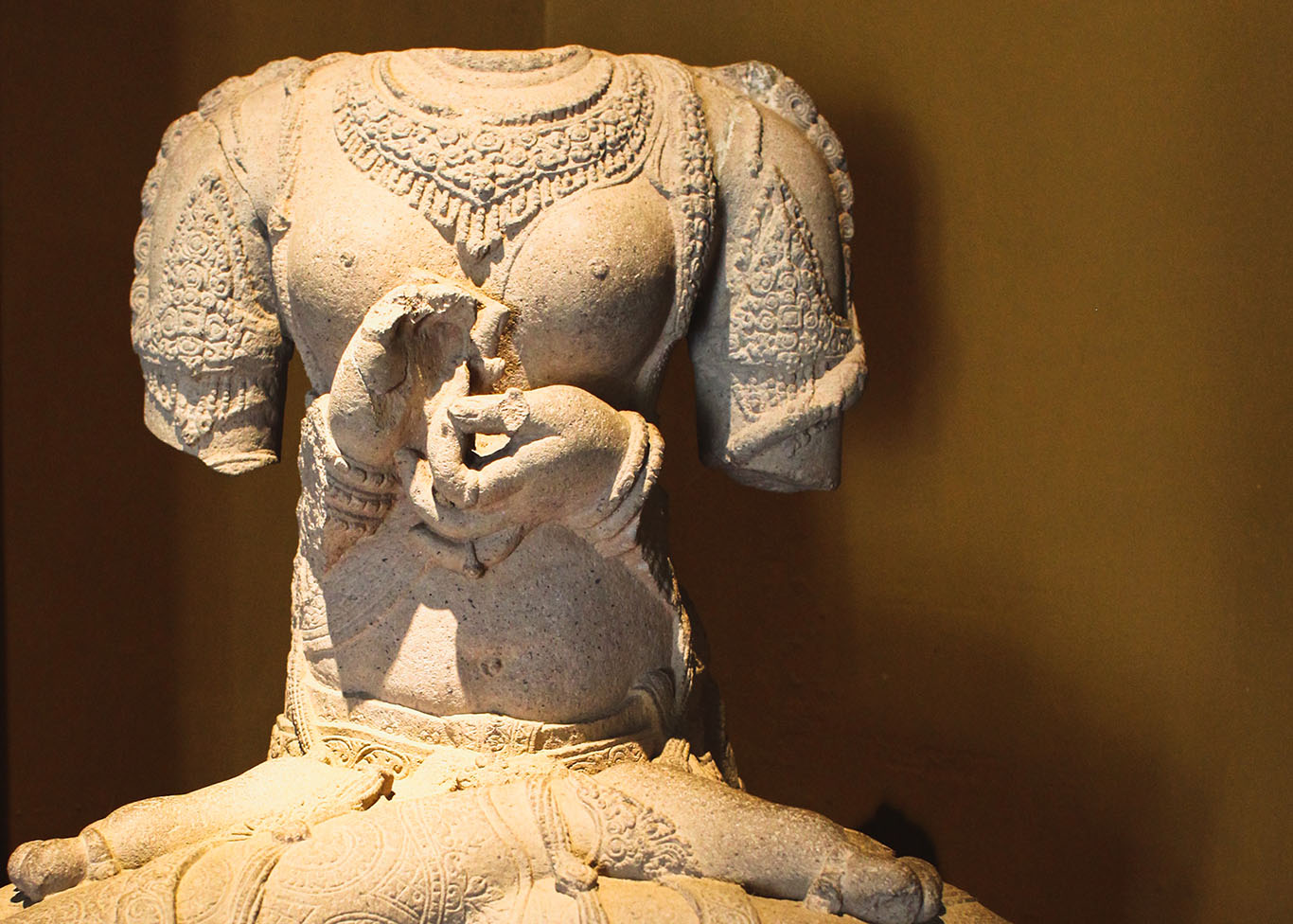In a bay full of mangrove in Waingapu, after a slow eight-hour boat trip from Ipi harbor in Ende, I started to wonder; why did I come to this Indonesia’s southmost island? What did I want to find in this land that full of kubur batu (stone graveyards) sticking out of the ground from the past?
In few days, pasola will be held in Tosi Village that is located almost three-hour drive from Waikabubak, a center of regency in West Sumba. Pasola is a traditional between-clans war ritual that has been rooted for centuries in the island. The Dutch colonial once deployed 2,000 of its soldiers to the island to with only only one mission, that is to curb the ritual where bloods are often shed.
I was about to witness the rite myself in a few days. I stayed over in Wainyapu at the Thomas Wonda’s house, the head of the village, the night before the rite was started. The next morniing, I walked to Tosi Village, which is ten kilometers away from my guesthouse.
When I arrived at the arena, I saw vast open field and a traditional house with hay roof. There were more than 200 megalitic graveyard surrounding the area. I saw the rato (elderly of the tribe) spelled a chant. Soon after the elderly finished his speech, thousands of spectators shouted “Nyalee! Nyaleee..”. The yells got louder and longer as the war starts.
The knights were throwing their spears from the back of their horses. The spears flew from both sides: south and north. One of the spears hit a kninght’s shank, making it bleed. As the game got more intense, spectators launched mocking and shouting to each other’s side.
“Sumba land needs blood every year, my friend!” a man said to me while glaring his eyes.
In 1992 and 1997 two men died in the game.
“It’s okay if no one dies. But it’s better if someone die,” said Dami, a man whom I saw in rato’s group.
One thing that can be guaranteed is that on every Marapu day, blood are shed on pasola arena in West Sumba and Southwest Sumba.
However, the war ritual had been wrapped in friendlier and safer form. In the past, sharp-pointed spears were used. Nowadays, it is replaced with wooden spear that has blunt spearheads. But horses still claim an important part in the war ritual.
Then it’s time for me to find a reason to visit Sumba.
People in Sumba raised their hands and smile to greet people. They are not only good in throwiing spears towards their opponents, but also experts in spitting out betel leaves that they usually chew alongwith areca nuts and calcium hydroxide (slaked lime).
In this land it is difficult to tell which is blood splatters and which is betel splatters because anywhere you’d see people chewing the betel as many as those who carry machete around. Even school kids spat out the red ink to the asphalt while dangling on the roof of public van.
Here, betel is dope for all ages and it knows no gender. There is a local joke that says even when the eyes of Sumba people are shut, their mouths are still chewing betel. There is no sacred place withoud betel splatters, even in the ancient cemetery of Marapu.
The same goes for machete. Sumba men always carry along their machete everywhere. To the market, church, on a vehicle, and in bathing place.
“It’s so easy for them to act as a reflex,” said a policeman who works there.
The machetes are also designed particular to one’s personality.
I may have found my reason to visit Sumba. And just like the verses of Umbu says:
The beach is misty here, there’s more story in a stare/
Loneliness that always cold murmurs rumble in the stern…
…the sky keep playing with the weather, up to the cape, the ribs of dusk/
the stars in the eyes of the boy has gone, his bet keep wandering


